Community
Recent articles
In your New Year’s resolutions for 2025, consider public outreach
If every person in the neuroscience community committed to doing one thing, imagine the cumulative difference it would make.
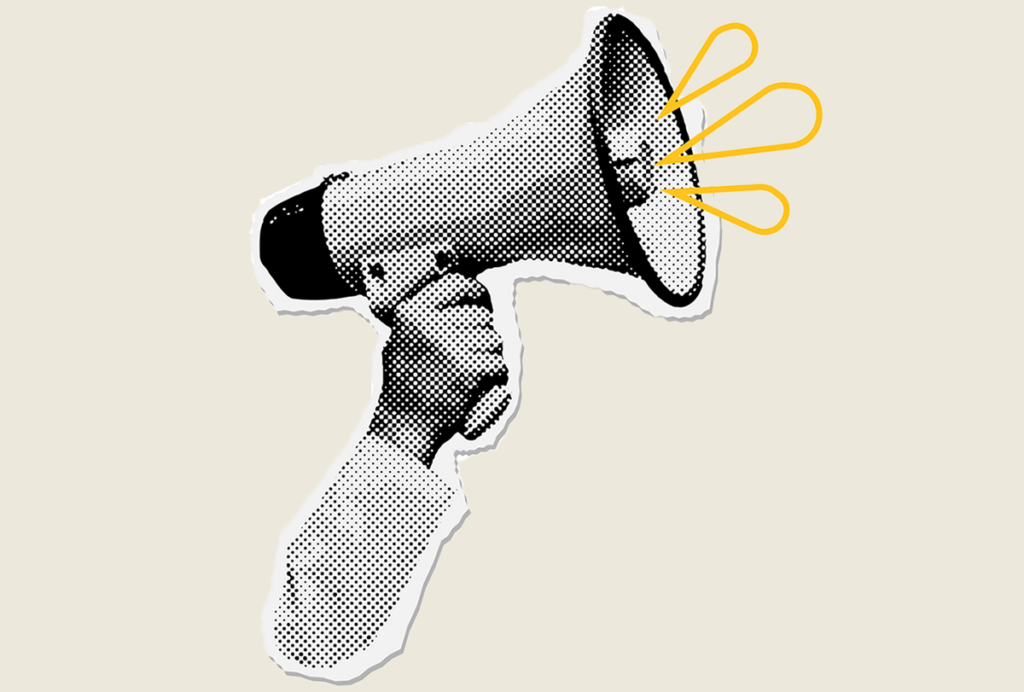
In your New Year’s resolutions for 2025, consider public outreach
If every person in the neuroscience community committed to doing one thing, imagine the cumulative difference it would make.
‘Huge influx’ of neuroscientists migrates to Bluesky
Daily neuroscience-related posts on the social-media platform this week have increased more than 400 percent, on average, compared with October.
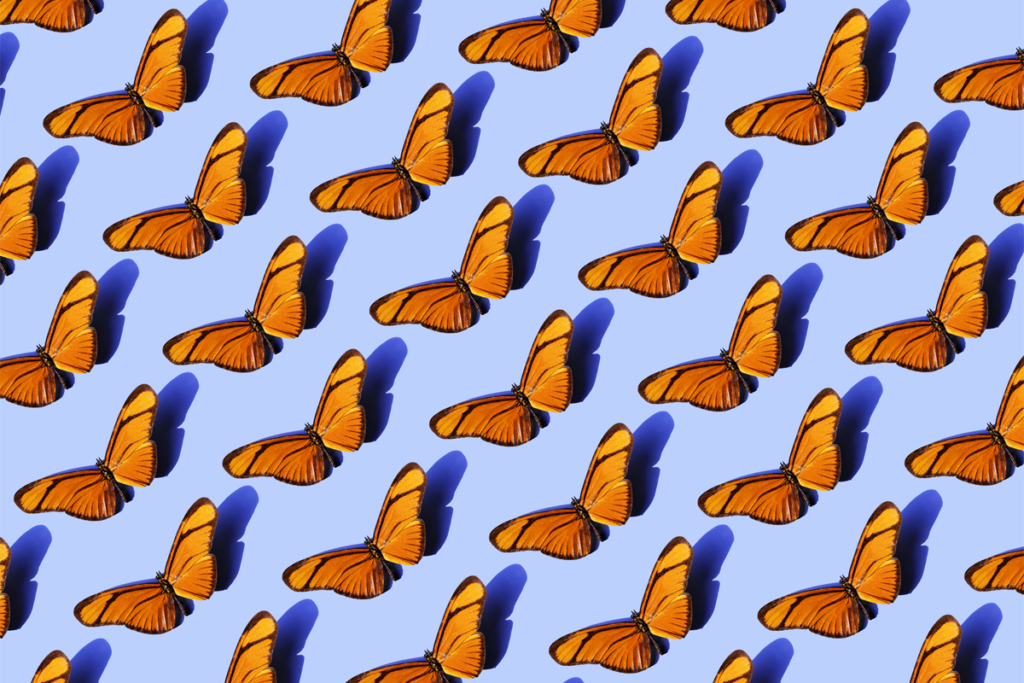
‘Huge influx’ of neuroscientists migrates to Bluesky
Daily neuroscience-related posts on the social-media platform this week have increased more than 400 percent, on average, compared with October.
Happy 1st Birthday, The Transmitter!
It takes a village to build something beautiful—and useful.

Happy 1st Birthday, The Transmitter!
It takes a village to build something beautiful—and useful.
The case for redefining ‘theory of mind’: Q&A with François Quesque
In a new commentary, Quesque and 44 experts in neuroscience and psychology propose a standardized lexicon for research on the attribution of mental states.
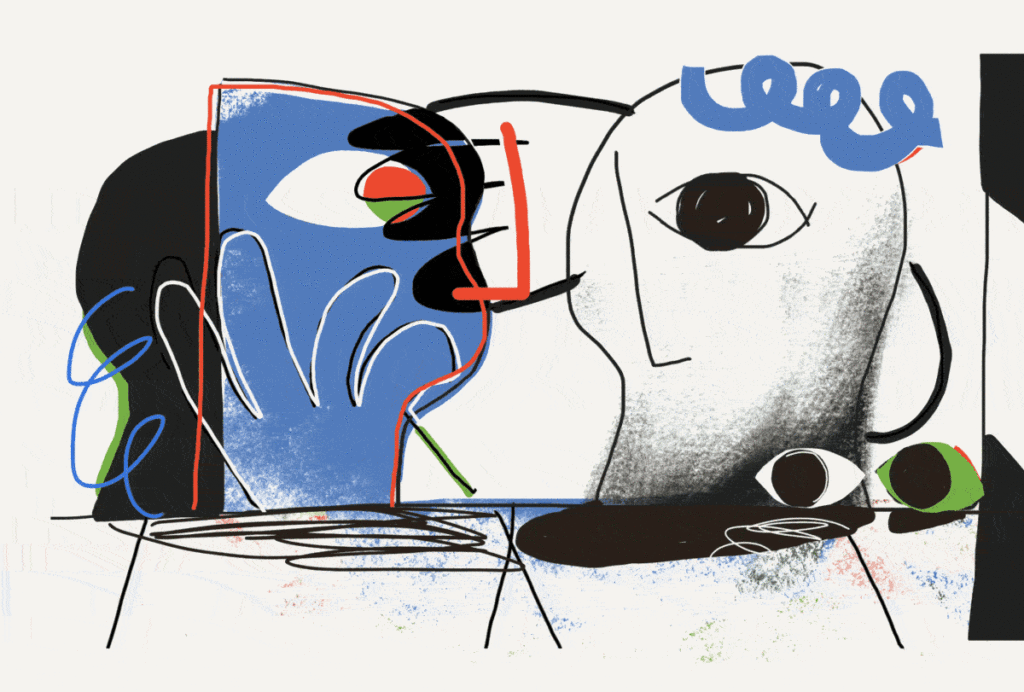
The case for redefining ‘theory of mind’: Q&A with François Quesque
In a new commentary, Quesque and 44 experts in neuroscience and psychology propose a standardized lexicon for research on the attribution of mental states.
A scientific fraud. An investigation. A lab in recovery.
Science is built on trust. What happens when someone destroys it?
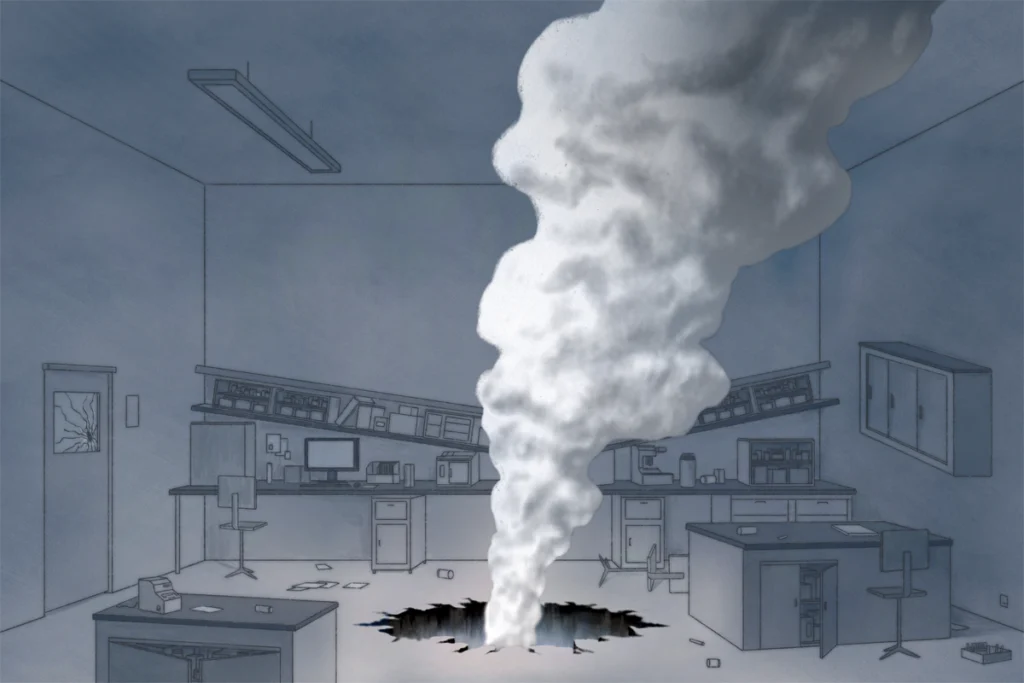
A scientific fraud. An investigation. A lab in recovery.
Science is built on trust. What happens when someone destroys it?
This paper changed my life: ‘Response of hippocampal synapses to natural stimulation patterns,’ by Dobrunz and Stevens
The work demonstrated how to effectively combine controlled in-vitro experiments and the messiness of natural brain patterns.
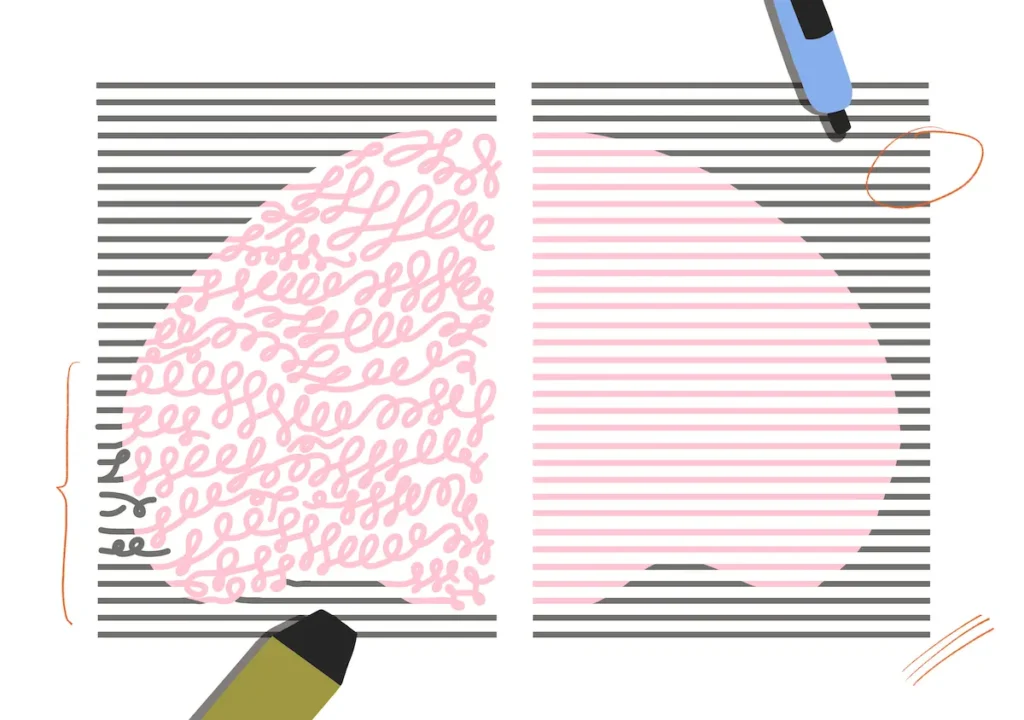
This paper changed my life: ‘Response of hippocampal synapses to natural stimulation patterns,’ by Dobrunz and Stevens
The work demonstrated how to effectively combine controlled in-vitro experiments and the messiness of natural brain patterns.
Creating a more inclusive autism research community
The Transmitter rounds up efforts to improve equity and diversity both within the field and in research projects.
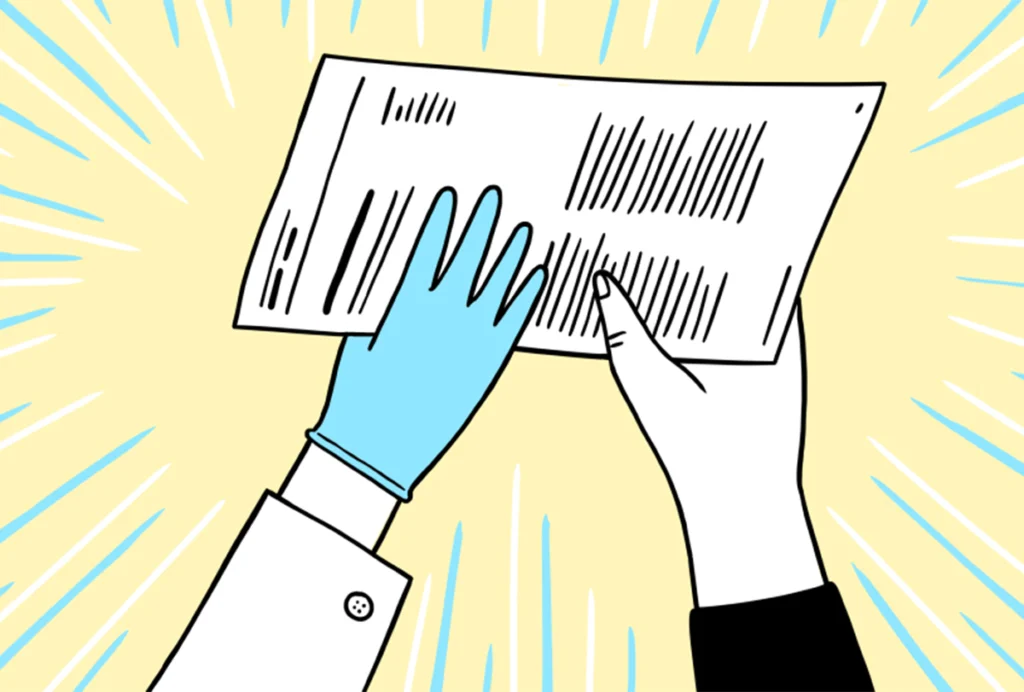
Creating a more inclusive autism research community
The Transmitter rounds up efforts to improve equity and diversity both within the field and in research projects.
This paper changed my life: ‘Selective erasure of a fear memory’ from the Josselyn Lab
This groundbreaking 2009 paper set a foundation for the types of memories researchers could manipulate and inspired my own approach to science.
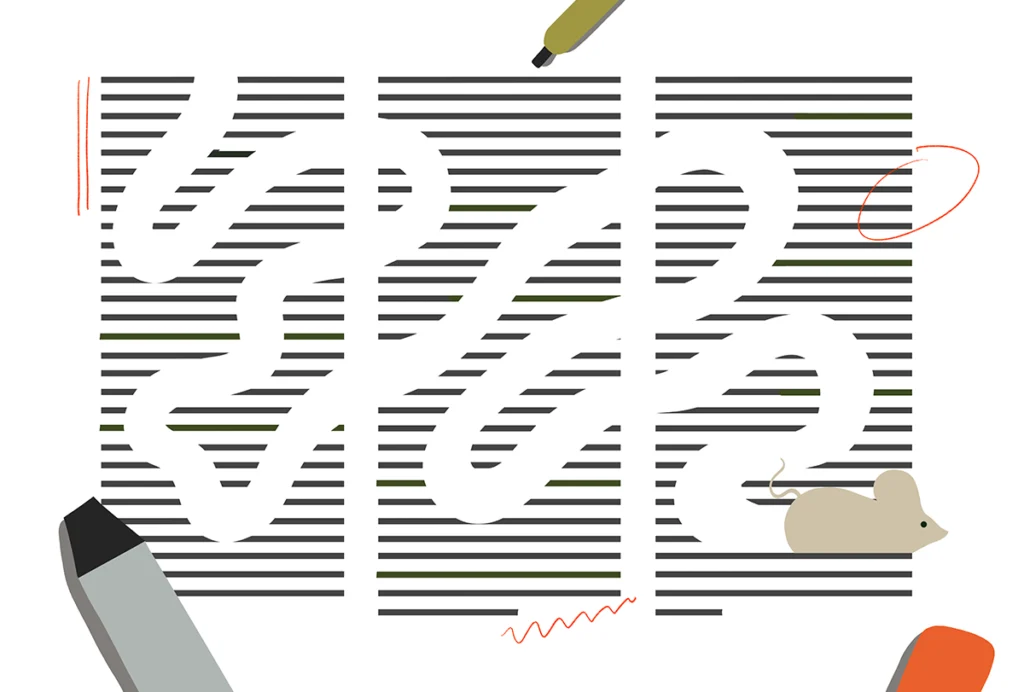
This paper changed my life: ‘Selective erasure of a fear memory’ from the Josselyn Lab
This groundbreaking 2009 paper set a foundation for the types of memories researchers could manipulate and inspired my own approach to science.
Building a global community: Q&A with Black In Neuro co-founder Clíona Kelly
As Black In Neuro Week 2024 continues through Sunday, Kelly explains how the organization expanded from its humble beginnings as a Slack channel to connect Black neuroscientists across the diaspora.

Building a global community: Q&A with Black In Neuro co-founder Clíona Kelly
As Black In Neuro Week 2024 continues through Sunday, Kelly explains how the organization expanded from its humble beginnings as a Slack channel to connect Black neuroscientists across the diaspora.
Neuroimaging researchers pen statement protesting UK Biobank data-access changes
The signatories asked the organization to grant all imaging researchers a data-download exemption until the cloud platform can accommodate their processing needs.
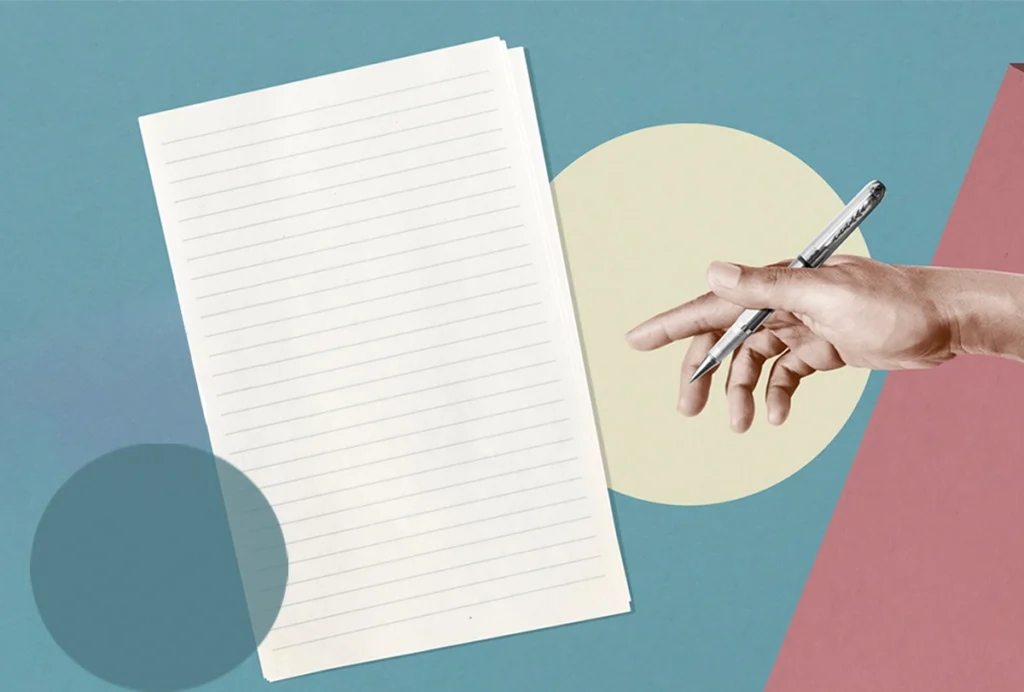
Neuroimaging researchers pen statement protesting UK Biobank data-access changes
The signatories asked the organization to grant all imaging researchers a data-download exemption until the cloud platform can accommodate their processing needs.
Explore more from The Transmitter
Digitization of ‘breathtaking’ neuroanatomy slide collection offers untapped research gold mine
Thousands of histological sections of vertebrate brains—including from spiny dogfish, turtles and more—are newly available online.
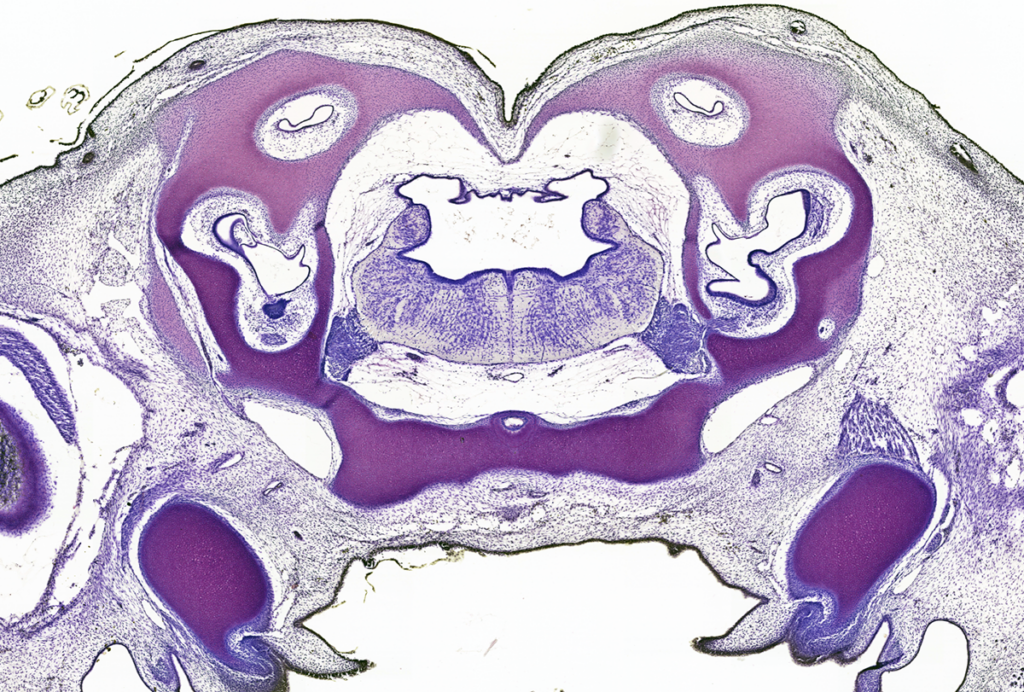
Digitization of ‘breathtaking’ neuroanatomy slide collection offers untapped research gold mine
Thousands of histological sections of vertebrate brains—including from spiny dogfish, turtles and more—are newly available online.
Personalized medicine; astroglia organoids; fast track for fragile X drug
Here is a roundup of autism-related news and research spotted around the web for the week of 20 January.
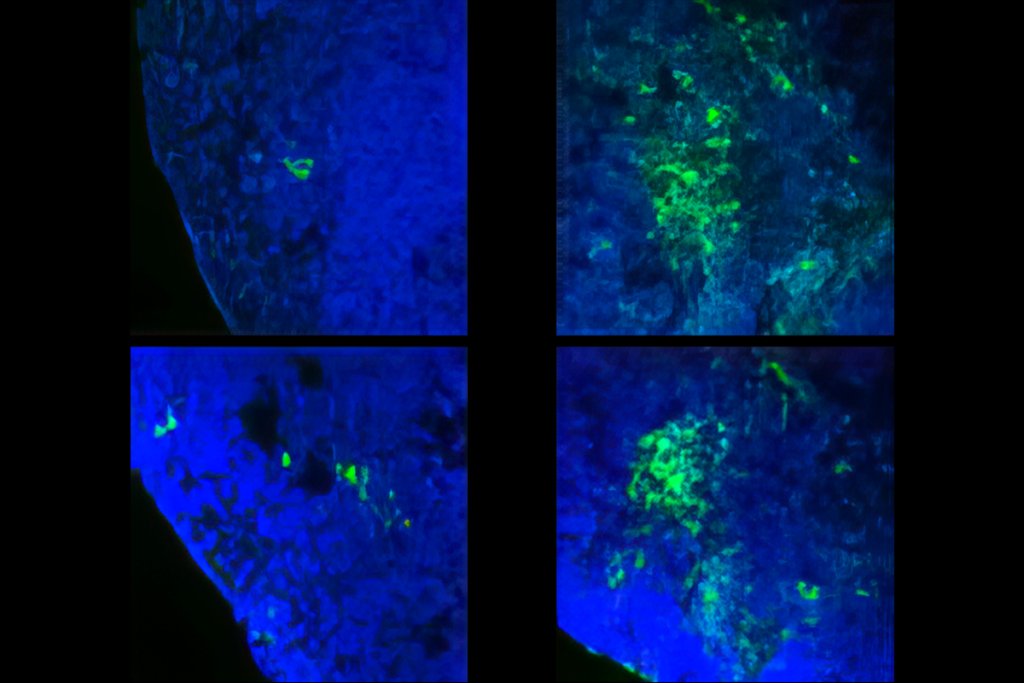
Personalized medicine; astroglia organoids; fast track for fragile X drug
Here is a roundup of autism-related news and research spotted around the web for the week of 20 January.
Neuroscientists need to do better at explaining basic mental health research
The knowledge gap between scientists, health-care professionals, policymakers and people with mental health conditions is growing, slowing the translation of basic science to new treatments. Like lawyers learning to present a case to the court, scientists should learn to educate nonscientists about their findings.
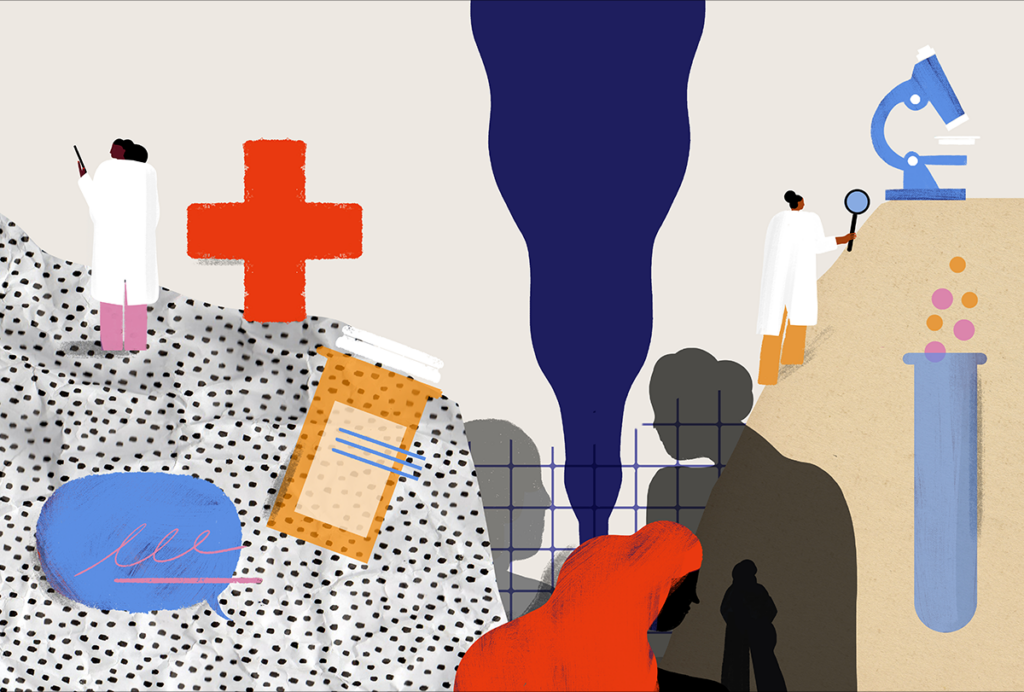
Neuroscientists need to do better at explaining basic mental health research
The knowledge gap between scientists, health-care professionals, policymakers and people with mental health conditions is growing, slowing the translation of basic science to new treatments. Like lawyers learning to present a case to the court, scientists should learn to educate nonscientists about their findings.